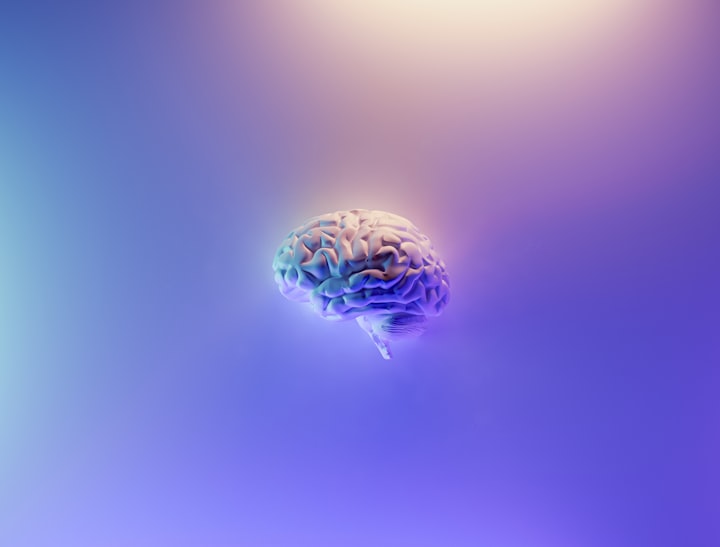Human Brain
The human brain is one of the most complex and fascinating organs in the human body.

The human brain is one of the most complex and fascinating organs in the human body. It is responsible for controlling everything we do, from our thoughts and emotions to our movements and bodily functions. In this article, we will explore the human brain, its functions, and how it works.
The Anatomy of the Brain
The human brain is located in the skull and is protected by the skull and layers of tissue called the meninges. It weighs around 3 pounds and is divided into several parts, including the cerebrum, cerebellum, and brainstem.
The cerebrum is the largest part of the brain and is responsible for controlling our thoughts, emotions, and movements. It is divided into two hemispheres, the left and right, which are connected by a bundle of fibers called the corpus callosum.
The cerebellum is located at the back of the brain and is responsible for coordinating our movements and balance.
The brainstem is located at the base of the brain and is responsible for controlling our vital functions, such as breathing, heart rate, and blood pressure.
How the Brain Works
The human brain is a complex network of neurons, which are specialized cells that transmit information throughout the brain and body. Neurons communicate with each other using electrical and chemical signals, which allow us to think, feel, and move.
When we experience something, such as seeing a red apple, our sensory neurons send signals to our brain, which processes the information and produces a response. This response can be anything from recognizing the apple to feeling hungry and wanting to eat it.
The brain is also responsible for controlling our movements. When we decide to move our arm, for example, our motor neurons send signals to our muscles, causing them to contract and move our arm.
The brain is also responsible for regulating our emotions and behavior. The limbic system, which is located in the center of the brain, is responsible for processing emotions and memory. It includes structures such as the amygdala, which is responsible for processing emotions such as fear and anger, and the hippocampus, which is responsible for forming and storing memories.
The Role of Neurotransmitters
Neurotransmitters are chemicals that are released by neurons and are responsible for transmitting signals between neurons. There are many different neurotransmitters in the brain, and each one has a different function.
One of the most well-known neurotransmitters is dopamine, which is responsible for regulating feelings of pleasure and reward. It is released when we experience something pleasurable, such as eating a delicious meal or receiving a compliment.
Another important neurotransmitter is serotonin, which is responsible for regulating mood and emotions. Low levels of serotonin have been linked to depression and anxiety.
Other neurotransmitters include acetylcholine, which is responsible for regulating memory and attention, and norepinephrine, which is responsible for regulating arousal and attention.
Brain Plasticity
The human brain has an incredible ability to change and adapt, a phenomenon known as brain plasticity. This means that the brain can reorganize itself in response to new experiences or changes in the environment.
For example, if someone loses their sight, their brain may reorganize itself to compensate for the loss of vision by enhancing other senses, such as hearing and touch.
Brain plasticity is also important for learning and memory. When we learn something new, such as a new language or a new skill, our brain creates new neural connections and strengthens existing ones. This allows us to remember and recall information more easily in the future.
Brain Disorders
Unfortunately, the brain is also vulnerable to a range of disorders and diseases that can affect its functioning. Some common brain disorders include:
Alzheimer's disease - a progressive brain disorder that affects memory, thinking, and behavior.
Parkinson's disease - a degenerative disorder that affects






Comments
There are no comments for this story
Be the first to respond and start the conversation.